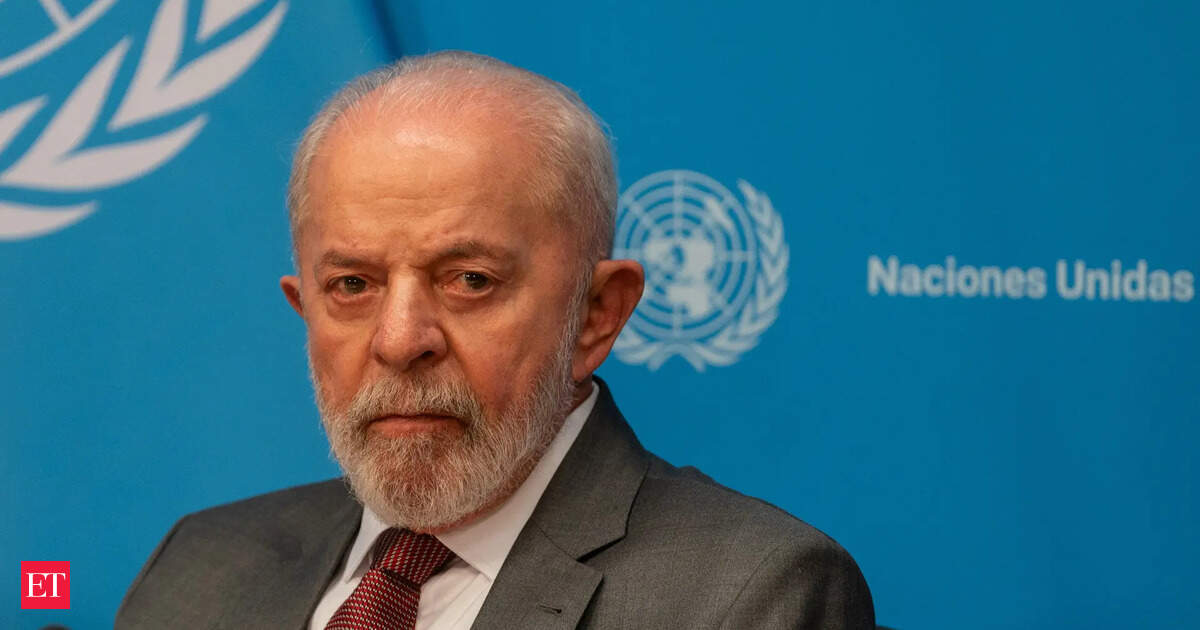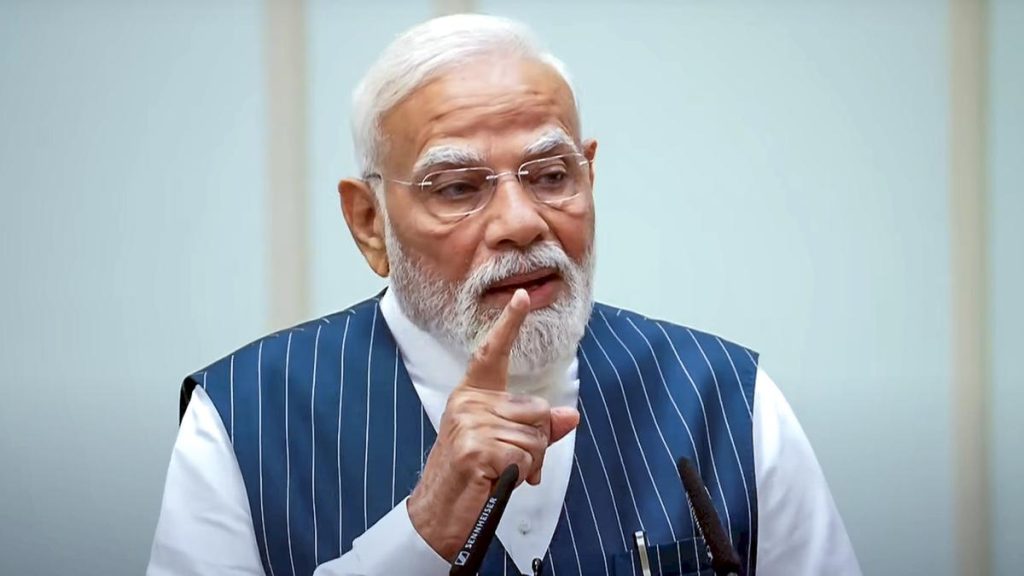Now Reading: BRICS Leaders to Convene Virtually Over Trump Tariffs
-
01
BRICS Leaders to Convene Virtually Over Trump Tariffs
BRICS Leaders to Convene Virtually Over Trump Tariffs

Speedy Summary
- Brazilian President Luiz Inacio Lula da Silva is organizing a virtual BRICS meeting next monday to discuss Donald Trump’s trade policies.
- The focus will include US-imposed trade tariffs and promoting multilateralism among emerging markets, per anonymous Brazilian government officials.
- Brazil faces a 50% tariff imposed by the US; exemptions apply to specific goods like airplanes and orange juice.
- Divisions exist among BRICS nations due to differing US tariffs, complicating unanimous statements during the summit. officials stressed the meeting is not intended to become anti-US.
- Timing coincides with bolsonaro’s trial in Brazil, expected to intensify Trump’s rhetoric against the country. The US has already enforced visa revocation for Supreme Court judges involved in Bolsonaro’s case.
- Recent diplomatic engagements include Modi’s meetings with Xi Jinping and Vladimir Putin in Tianjin ahead of the BRICS summit.
- India’s fallout with Trump might pave a path for stronger joint resolutions from BRICS on trade practices amidst growing dollar reliance concerns.
Indian Opinion Analysis
The virtual BRICS meeting reflects growing concern among leading emerging economies regarding unilateral economic actions by global powers-in this instance, Trump’s varied tariff policies targeting different nations within the bloc. For India, participation aligns strategically with its broader foreign policy approach of non-alignment while seeking collaboration on multilateral platforms like BRICS.
Modi’s distancing from Trump perhaps provides India more flexibility during discussions aimed at unified solutions addressing unfair trade barriers or currency reliance shifts. However, achieving consensus within such diverse economies facing unique bilateral challenges with the US may remain difficult but vital for sustained dialog.
Given India’s recent interactions with both China and Russia before this summit, its stance could play an influential role in shaping resolutions that balance progress without exploiting tensions between member nations or external partners like America.
























